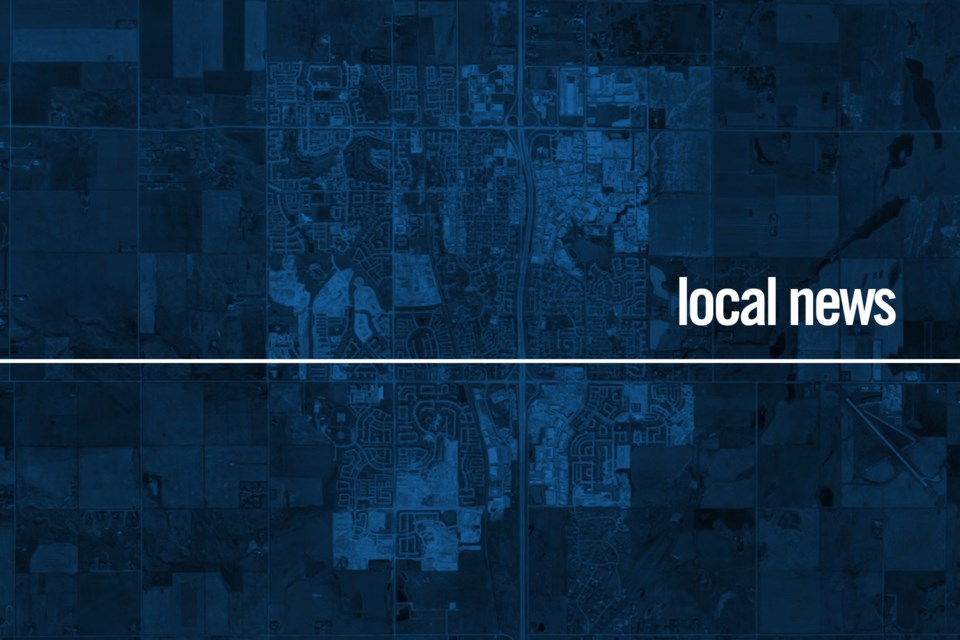BONNYVILLE – On Dec. 4, the Government of Alberta announced funding would be provided to double a 2019 commitment to fund addiction treatment, detox and recovery spaces in the province. This increase will be felt locally as the province commits to funding 104 spaces annually at the Bonnyville Indian-Métis Rehab Centre - an increase of eight beds.
During a press conference, Premier Jason Kenney said, “Two years ago, our government made a commitment to fund 4,000 annual treatment spaces. Not only have we achieved our goal, we have more than doubled our commitment... This means 8,000 Albertans will now have the opportunity to seek treatment and enter recovery every year without having to pay privately for life-saving services. Treatment works and recovery is possible.”
The Bonnyville centre’s Executive Director Laura Safroniuk says the additional beds will help create more opportunities for individuals ready to take the journey to sobriety.
“We are really, really excited because that means we will be fully funded now. Before that we had 20 beds funded through the government and now, we have 28 beds in total, which is amazing for us and for people who are struggling in addiction,” Safroniuk told Lakeland This Week.
Clients arrive from all over Alberta to attend the centre, which offers a unique holistic program and spiritual healing approach with an Indigenous Elder onsite.
Many of the centre’s clients are from the surrounding communities and First Nations communities, as well as detox centers in Edmonton and Fort McMurray, she explained.
Although the announcement was not a complete surprise to Safroniuk, she says “It was definitely a blessing for this center, and we were hoping for that.”
Bridging gaps
The government’s investments and focus on the My Recovery Plan digital portal, set to launch in the new year, is about bridging gap faced by those seeking treatment, said Safroniuk.
The My Recover Plan software is intended to improve connections in the addiction care system by providing wait-list management, tracking treatment and recovery outcomes, and allowing individuals to access and monitor their recovery plan.
The key benefit being individuals accessing support and treatment will be able to take their data with them from agency to agency so that they are not starting continually from zero as they move throughout the system, according to an overview of the program by the province.
“It's about getting people into treatment when they are ready for that change so there isn’t that gap in between detox and treatment. Also, a lot of the people that have been in addiction for a long time have been homeless. So, looking at the supports that are needed to be able to help them on their recovery journey is essential.”
The My Recovery Plan is just one of many steps to help improve client outcomes, she said.
In an effort to bridge gaps faced by those in recovery, the Bonnyville Indian-Métis Rehab Centre collaborates with many detox centers and post-recovery facilities that foster sober living.
“We try to collaborate with (the Bonnyville Men's Shelter) as much as possible. We have had a lot of clients coming in from the men's shelter, which is definitely bridging that gap and getting them in for the necessary treatments that are needed,” she said. “Or if we have clients here that are looking for somewhere and haven't been able to be placed because there are so many places that are full, we can definitely utilize them and have (clients) going into a safe environment while still continuing to look for other resources.”
Clients attending the Rehab Centre can stay for 28 days, however, there is an option to seek a two-week extension for additional treatment.
“With a lot of the people that we see, of course it's all about the underlying issues, the core issues and many of our clients that are coming in are dealing with generational trauma. So, we do try to keep them a little bit longer.”
Currently, the Centre has a month and a half wait list, but as intakes occur on a weekly basis, the wait list regularly shrinks and grows.
Through quarantining and safety measures, the centre has been fortunate to not have any cases of COVID brought into the facility. This has allowed the facility to continue treatments without having to pause operations as other facilities have had to do, although the centre is operating with a slightly reduced capacity, Safroniuk noted.
“Yes, our numbers are lower, but we have been able to continue working throughout because the centre has had no outbreaks or temporary closures.”
To access support, information and referral to services related to addiction and treatment, the Addiction Helpline, a 24-7 confidential toll-free service can be reached at 1-866-332-2322.
Albertans can also visit recoveryaccessalberta.ca to find treatment options.
For treatment related to opioids, the Virtual Opioid Dependency Program (VODP) can be accessed seven days per week at 1-844-383-7688.


